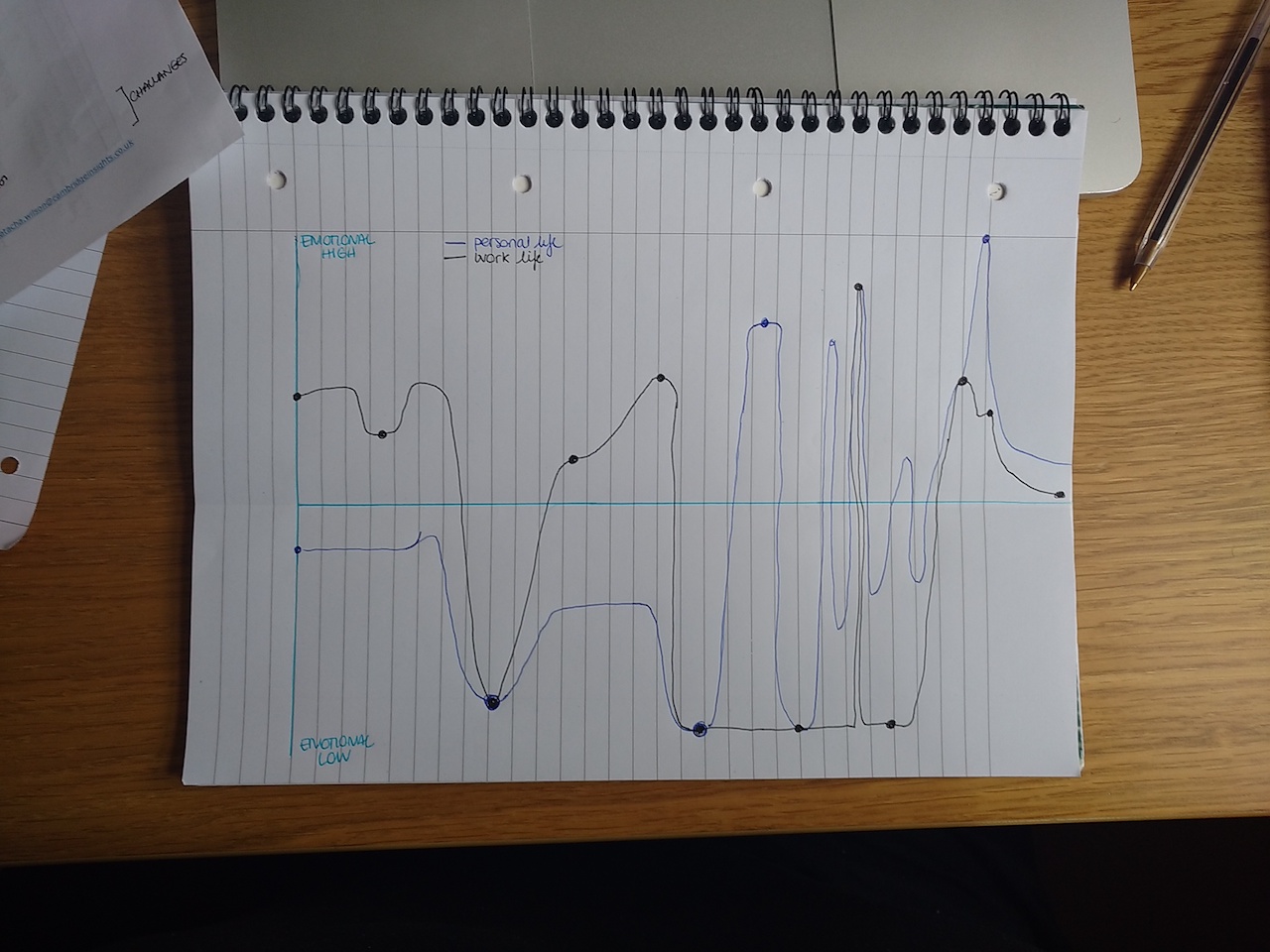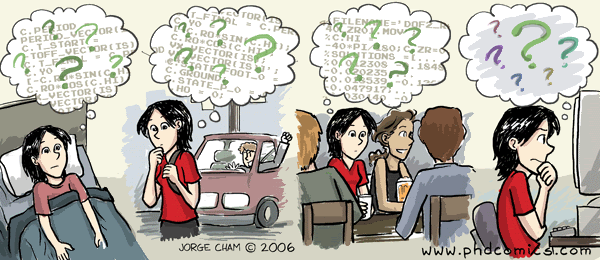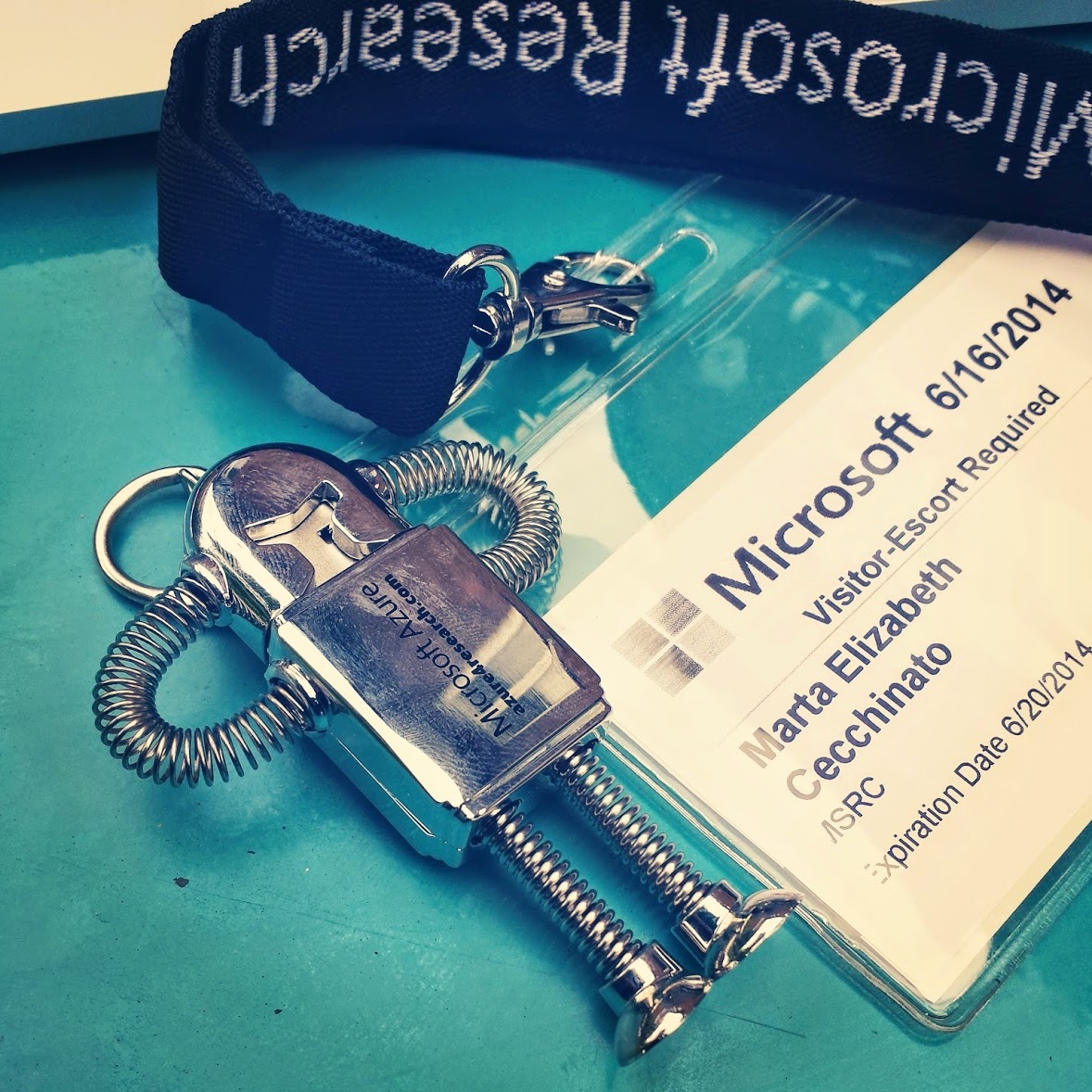PhD insight
Becoming a research leader
Several weeks ago I attended a great workshop on mentorship, led by Natacha Wilson. I was so impressed with the delivery and the quality of content, that when I heard she’d be coming to UCL to run a workshop on becoming a research leader, I didn’t want to miss it. I maybe attend one too many of these workshops/seminars, but I generally find them very reassuring and useful. In a world of competition and politics, it seems that being strategic is key, and I’ll take any form of advice I can get. These events are also a great opportunity for self-reflection, which we far too often don’t find time for, but can help identify areas of improvement before it’s too late. (more…)



